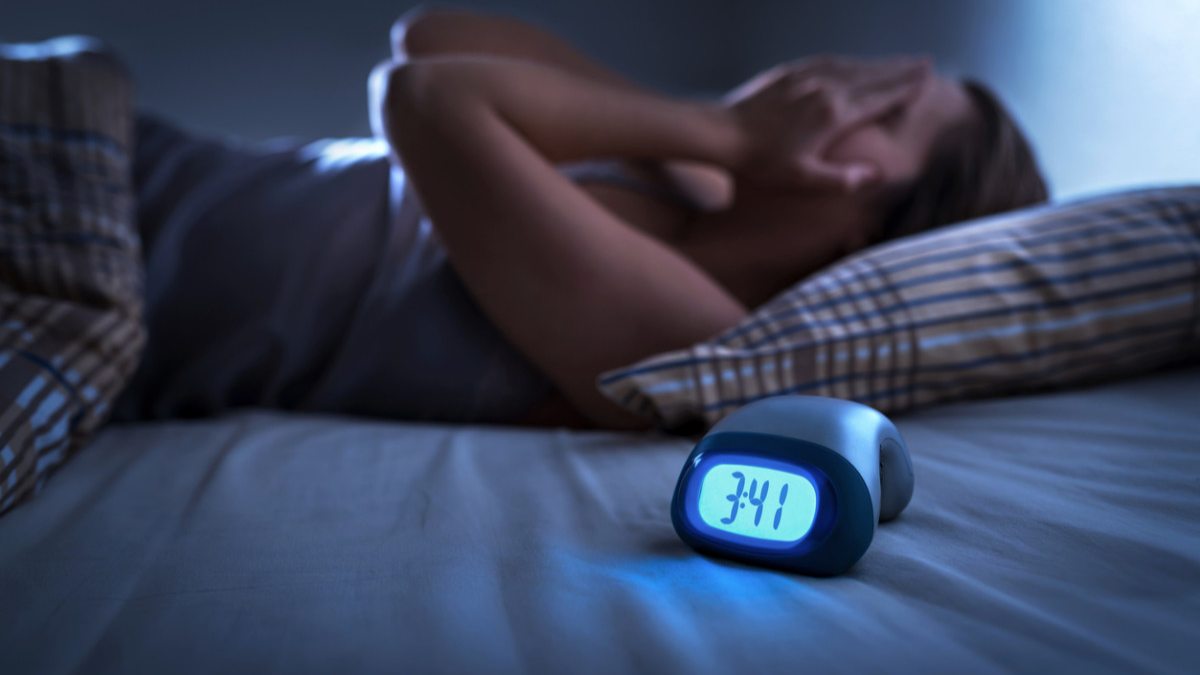More than 40% of UAE residents are getting less than six hours of sleep per night, with stress being the primary cause, a survey conducted in anticipation of World Sleep Day on March 15 reveals. The survey, a collaborative effort by Premier Inn Middle East and Silentnight Arabia, involved over 950 participants aged 18 to over 65 years. It sought to understand sleep quality and habits among the population.
Stress, as noted by 48% of respondents, stands out as the main disruptor of sleep, linked to elevated cortisol levels that interfere with sleep hormone production. Factors contributing to stress include concerns over the cost of living, with a separate survey by Cigna Healthcare highlighting that nearly half of the residents pinpoint financial worries as their top stressor.
In addition to stress, the survey identified various sleep disturbances such as temperature variations, discomfort, electronic device usage, noise from construction and traffic, and disruptions from children or roommates. Simon Leigh, managing director at Premier Inn Middle East, emphasizes in a Khaleej Times report the significant opportunity to improve sleep quality, suggesting adults should target seven to nine hours of sleep for optimal recovery.
The survey also shed light on bedtime habits, with the majority going to bed between 10 pm and midnight, and wake-up times largely dictated by work and school schedules. To combat sleep challenges, experts recommend establishing a regular sleep pattern, avoiding caffeine close to bedtime, and creating a wind-down routine to help the body relax.
With the upcoming Ramadan, Dr. Aamerah Shah offers advice on maintaining adequate sleep despite altered meal times and routines, including consistent sleep schedules, short naps, and mindful consumption of food and caffeine.






